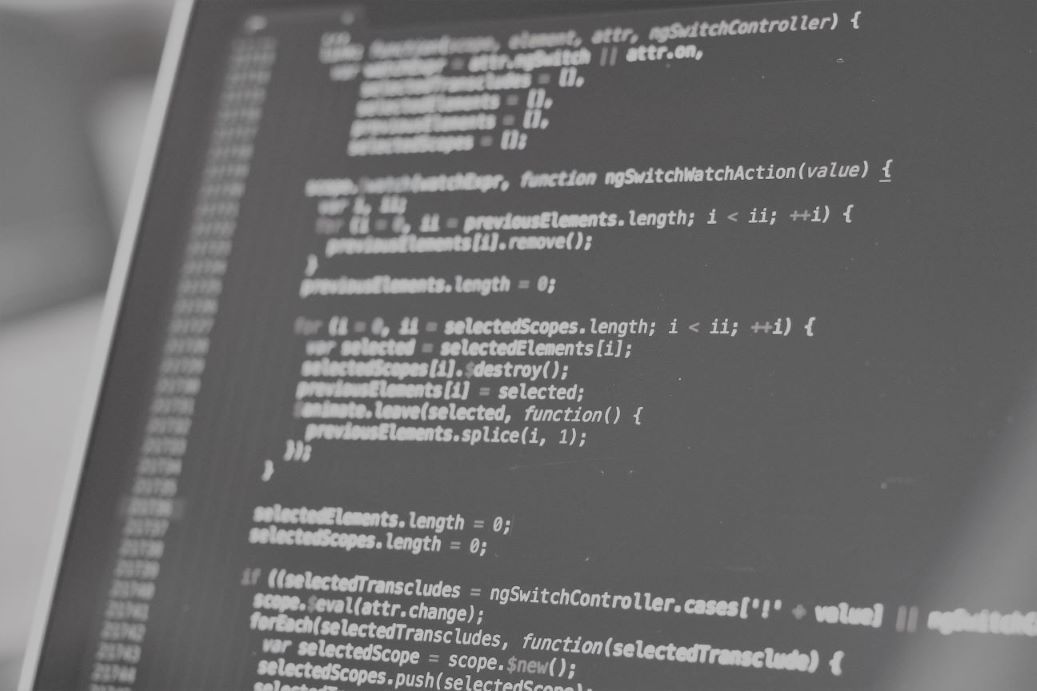
19 April 2023
Introduction:
C++ is a powerful programming language that allows developers to create complex applications and systems. In C++, converting an integer to a string is a common task that many programmers encounter. This guide will provide step-by-step instructions for converting an integer to a string in C++, along with code examples and use cases. By the end of this guide, you will have a solid understanding of how to convert an integer to a string in C++, making your coding journey much more efficient and productive.
Step 1: Include the necessary libraries
To convert an integer to a string in C++, you need to include the necessary libraries. These libraries provide the necessary functions and methods to perform the conversion. The two libraries you need to include are:
#include <iostream> #include <string>
The iostream library is used for input and output operations in C++, while the string library is used to work with strings.
Step 2: Convert the integer to a string using std::to_string()
In C++, you can convert an integer to a string using the std::to_string() function. This function takes an integer as an argument and returns a string. Here is an example:
int num = 123; std::string str_num = std::to_string(num);
In the example above, we have an integer num with a value of 123. We then use the std::to_string() function to convert the integer to a string and store it in the variable str_num.
Step 3: Use the string for your desired output
Once you have converted the integer to a string, you can use it for your desired output. You can print it to the console or use it in other parts of your program. Here is an example:
std::cout << "The string value of num is: " << str_num << std::endl;
In the example above, we are using the std::cout function to print the string value of the integer num to the console.
Use Cases:
There are many use cases for converting an integer to a string in C++. One common use case is when you need to concatenate an integer with a string. For example:
int age = 25; std::string name = "John"; std::string message = "My name is " + name + " and I am " + std::to_string(age) + " years old.";
In the example above, we have an integer age and a string name. We then use the std::to_string() function to convert the integer age to a string and concatenate it with the strings name and message. The final output is a string that contains both the name and the age.
Conclusion:
In conclusion, converting an integer to a string in C++ is a simple task that can be accomplished using the std::to_string() function. By following the step-by-step instructions in this guide, you should now have a solid understanding of how to convert an integer to a string in C++. Remember, practice makes perfect, so don't be afraid to experiment and try new things with C++.
JBI Training offers a number of courses to get you started in C++ or to advanced your knowledge. Our Training courses are taught by expert instructors.
here is a link to the official C++ documentation on the std::to_string() function:
https://en.cppreference.com/w/cpp/string/basic_string/to_string
The below documentation provides more in-depth information about the function, including its parameters, return value, and examples of how to use it in different contexts. It is always a good idea to consult official documentation when working with any programming language or library, as it can provide valuable insights and ensure that you are using the function correctly.
C++ Programming Tutorials: This website provides a comprehensive set of tutorials for learning C++, covering topics such as variables, data types, control structures, functions, classes, and more. Each tutorial includes code examples and explanations, making it easy to follow along and learn at your own pace. https://www.tutorialspoint.com/cplusplus/index.htm
C++ Standard Library: The C++ Standard Library is a collection of functions and classes that provide essential functionality for C++ programming. This website provides documentation and examples of how to use the various components of the library, including containers, algorithms, iterators, streams, and more. https://en.cppreference.com/w/cpp
C++ FAQ: The C++ FAQ is a comprehensive resource for answering common questions and issues that arise when working with C++. The website covers a wide range of topics, including language features, programming techniques, performance optimization, and more. https://www.parashift.com/c++-faq/
C++ Concurrency: C++ Concurrency is a library that provides tools and techniques for working with concurrent programming in C++. This website provides documentation and examples of how to use the library, including threading, synchronization, futures, and more. https://en.cppreference.com/w/cpp/thread
C++17: The C++17 standard introduces several new language features and improvements, such as structured bindings, constexpr if, and more. This website provides an overview of the new features and how to use them. https://en.cppreference.com/w/cpp/17

CONTACT
+44 (0)20 8446 7555
Copyright © 2025 JBI Training. All Rights Reserved.
JB International Training Ltd - Company Registration Number: 08458005
Registered Address: Wohl Enterprise Hub, 2B Redbourne Avenue, London, N3 2BS
Modern Slavery Statement & Corporate Policies | Terms & Conditions | Contact Us
POPULAR
AI training courses CoPilot training course
Threat modelling training course Python for data analysts training course
Power BI training course Machine Learning training course
Spring Boot Microservices training course Terraform training course